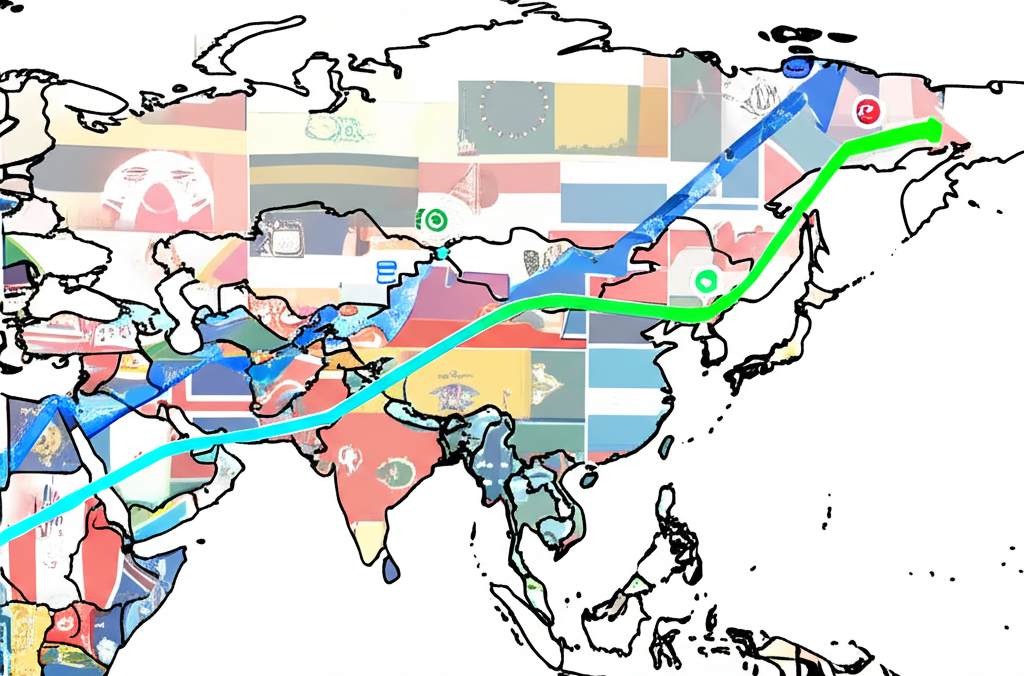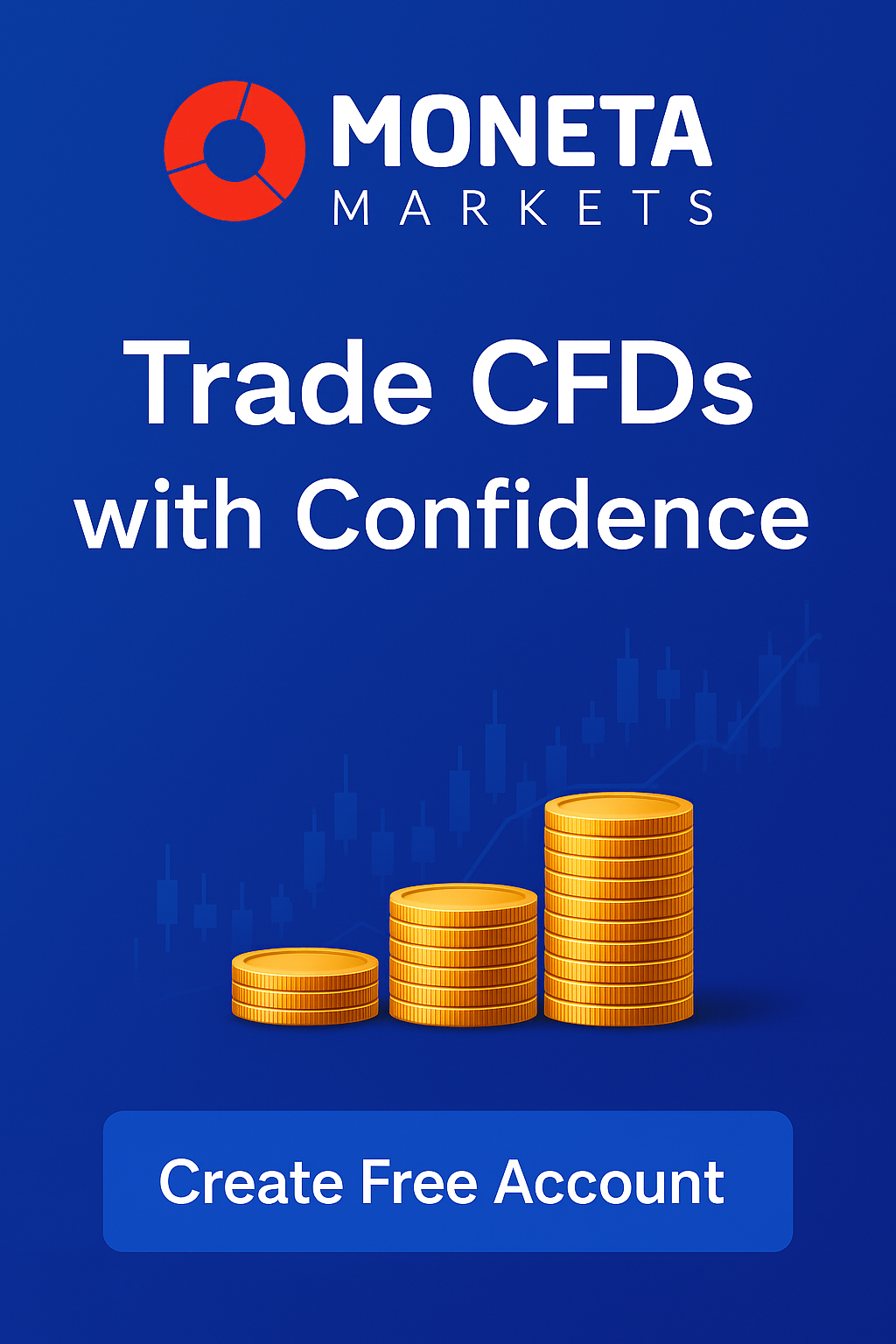Introduction: Navigating the Dynamics of Hong Kong ETFs for US Investors in 2025
The investment world keeps shifting, and for folks in the United States, Asian markets-especially Hong Kong-hold growing appeal. As a key entry point to mainland China with a solid financial backbone, Hong Kong combines reliability and exciting growth prospects. Exchange-traded funds, or ETFs, give US investors a straightforward way to dive into this space with built-in diversification. Heading into 2025, getting a handle on the ins and outs of Hong Kong ETFs, including the opportunities and hurdles, is essential. This guide arms US investors with practical insights on the market backdrop, standout ETF choices, ways to get started, rules to watch, and a glimpse at what’s ahead.

Whether you’re aiming to spread out your holdings or chase emerging trends in Asia, Hong Kong ETFs can play a smart role in your strategy. They let you tap into a bustling economy without the hassle of picking single stocks, all while benefiting from Hong Kong’s status as a global trading hub.

Understanding Hong Kong ETFs: What Are They and Why Consider Them?
ETFs are funds that trade on stock exchanges, similar to shares of companies. A Hong Kong ETF focuses on tracking an index, sector, or asset tied mainly to the Hong Kong market. These funds let investors spread their bets across the Hong Kong economy and its key players, skipping the need to select individual stocks. By pooling a mix of securities that match a particular benchmark, they deliver performance aligned with that target. For US investors, these ETFs serve as a handy way to add variety to portfolios and grab a piece of one of Asia’s top financial centers.
Key Characteristics of Hong Kong-Listed ETFs
Hong Kong’s markets stand out for their strong liquidity, global trader involvement, and strict oversight from the Hong Kong Stock Exchange (HKEX) and the Securities and Futures Commission (SFC). ETFs on the HKEX draw from these strengths. They usually feature sizable market caps and smooth trading volumes, which help with timely buys and sells. The rules in place prioritize investor protection alongside market vitality, so these ETFs tend to be clear and reliably managed.
The Allure and Risks for United States Investors
US investors find plenty to like in Hong Kong ETFs. They help balance out portfolios heavy on domestic assets, opening doors to China’s expansion and wider Asian gains. Sectors like tech, banking, and real estate get solid coverage, supporting focused approaches. With Asian economies on the rise, the chance for solid returns makes these funds attractive.
That said, risks are part of the package. Tensions between China and the US can spark sharp swings in prices. Shifts in regulations from Hong Kong or Beijing might hit companies and drag on ETF results. The Hong Kong dollar stays steady against the US dollar thanks to its peg, but ETF assets could still face swings from other Asian currencies. Smaller or specialized ETFs might also suffer from thin trading, complicating trades at fair values.
Top Hong Kong ETFs for United States Investors in 2025
Picking from the range of Hong Kong ETFs means digging into their goals and components. Here, we highlight some leading picks for US investors eyeing 2025, covering different angles of the Hong Kong scene.
iShares MSCI Hong Kong ETF (EWH): A Popular Choice
The iShares MSCI Hong Kong ETF (EWH) stands as a top pick for its liquidity and broad reach into Hong Kong for US investors.
- Ticker: EWH
- Issuer: BlackRock (iShares)
- Investment Objective: It tracks an index of Hong Kong stocks, closely following the MSCI Hong Kong Index.
- Top Holdings: EWH invests in a focused set of big and mid-sized firms listed in Hong Kong, with heavy weighting in finance, real estate, and manufacturing. Standouts often include AIA Group, HSBC Holdings, and Hong Kong Exchanges and Clearing.
- Historical Performance: Its returns mirror Hong Kong’s overall economy and ties to China. Check past results and today’s conditions to see if it fits your 2025 plans.
- Why it’s popular among US investors: The wide coverage, easy trading, and simple access via US brokers make EWH a reliable entry point for Hong Kong investing.
Exploring Other Sector-Specific and Thematic Hong Kong ETFs
Looking past EWH, various ETFs zero in on niches or themes that suit diversification or timely bets for 2025.
- Hang Seng Tech ETF (3033.HK or similar): Though not usually listed in the US, investors can reach related products like derivatives or CFDs. It follows the Hang Seng Tech Index, spotlighting Hong Kong-listed tech leaders such as Tencent, Alibaba, and JD.com. As digital sectors boom, this area holds promise for growth.
- ETFs Focused on Financials or Property: Finance and real estate anchor Hong Kong’s economy. Funds tied to indexes like the Hang Seng Finance Index or Hang Seng Properties Index give straight access to these pillars. They’re a good fit for those optimistic about their steady progress in Asia.
How United States Investors Can Access Hong Kong ETFs
Getting into Hong Kong ETFs from the US calls for knowing your options and what they entail.
Navigating Brokerage Platforms for International Investments
US investors generally have two main routes for Hong Kong ETF exposure:
- US-Listed ETFs: The easiest is buying US-traded funds that follow Hong Kong benchmarks, such as the iShares MSCI Hong Kong ETF (EWH). These operate on American exchanges and work with standard US broker accounts.
- Direct Investment in HKEX-Listed ETFs: This means setting up with a global broker linked to the Hong Kong Stock Exchange. It unlocks more local ETFs but adds layers of rules and taxes.
Regulatory and Tax Considerations for US Investors (2025)
Foreign ETFs, especially those straight from the HKEX, bring unique rules and tax angles for US investors. A big one is the Passive Foreign Investment Company (PFIC) regulation. If a fund qualifies as a PFIC-say, if over 75% of its income is passive or more than 50% of assets generate passive income-US holders deal with tricky reporting and possibly steeper taxes on profits, unless they opt for things like a Qualified Electing Fund (QEF) or Mark-to-Market setup. Many overseas ETFs fall into this category if not tailored for Americans. Before jumping in, check the PFIC status of any HKEX-listed Hong Kong ETF. The IRS offers details on PFICs, but their nuances make a tax pro’s advice key for 2025 onward. Plus, if your foreign holdings hit certain levels, FATCA and FinCEN Form 114 (FBAR) reporting kicks in.
Choosing the Right Broker for Hong Kong ETF Access in the United States (2025)
Finding the best brokerage for overseas trades matters a lot for US investors. Weigh things like rule adherence, costs (including commissions, spreads, and currency conversions), tools (charts, analytics), support quality, and the variety of assets. For Hong Kong ETFs-direct or indirect-a broker with strong global reach is a must.
Top Brokers for US Investors Seeking Global ETF Exposure (2025)
Below is a rundown of brokers well-suited for US investors chasing worldwide access, including Hong Kong influences.
| Broker | Key Advantages for HK Exposure | Regulation (Relevant) | Platform Features |
|---|---|---|---|
| Moneta Markets | Globally regulated, Moneta Markets offers highly competitive spreads across a vast array of instruments including forex, commodities, indices (which can provide exposure to Hong Kong market dynamics), and shares CFDs. For US investors, this provides a strong platform for diversified international trading for those looking beyond traditional US-listed ETFs. Their robust MT4/MT5 and proprietary WebTrader platforms offer advanced charting and analysis tools. | FCA, CySEC, FSA (Seychelles) | MT4, MT5, WebTrader, CopyTrader |
| OANDA | A long-standing, US-regulated broker known for competitive pricing, a user-friendly platform, and a wide array of FX and CFD offerings. While not offering direct HKEX ETFs, its broad market access via CFDs can provide indirect exposure to global indices and currencies relevant to Hong Kong. | CFTC, NFA (US), FCA (UK), ASIC (Australia), etc. | Proprietary Web & Desktop, MT4, Mobile |
| IC Markets | An Australian-based ECN broker renowned for ultra-low spreads, high liquidity, and powerful trading platforms (MT4, MT5, cTrader). Ideal for high-volume and algorithmic traders seeking efficient global market execution, including various indices and commodities that can reflect international market sentiment. | ASIC (Australia), CySEC (Cyprus), FSA (Seychelles) | MT4, MT5, cTrader, ZuluTrade |
| FOREX.com | A global leader in online trading, offering robust platforms, extensive research tools, and competitive pricing across various asset classes. It caters to both novice and experienced traders interested in international markets, providing CFDs on global indices and currencies that correlate with Asian market performance. | CFTC, NFA (US), FCA (UK), ASIC (Australia), etc. | Proprietary Web & Desktop, MT4, MT5, TradingView |
For US investors, platforms like Moneta Markets serve as a solid entry to worldwide trading, particularly via CFDs on indexes mirroring Hong Kong trends. Their tight spreads and sophisticated tools position them well for broad global plays.
The Future of Hong Kong ETFs and Market Outlook for 2025
Hong Kong ETFs in 2025 will hinge on a mix of global politics, economic shifts, and tech advances. US-China frictions remain a major wildcard, influencing confidence and steadiness. Easing or worsening relations could sway markets quickly.
On the economic front, Hong Kong’s path ties closely to China’s overall momentum. A solid recovery there might boost firms linked to consumers or factories on the mainland. At home, issues like real estate ups and downs and preserving its financial hub role will test resilience. Tech innovations in fintech and smart manufacturing will reshape company lineups and results. Watch for policy tweaks from Hong Kong or central government, which could alter access, oversight, and sector paths. Staying alert to these changes is vital for smart investing. For ongoing insights, check resources like Bloomberg Asia for fresh updates and analysis.
Conclusion: Making Informed Decisions on Hong Kong ETFs in 2025
Hong Kong ETFs present US investors with strong chances to diversify and engage Asia’s energy in 2025. Options from all-around plays like EWH to niche sector funds abound. Yet grasping the downsides-geopolitical strains, rules, and market quirks-is key. Picking brokers, decoding PFIC guidelines, and selecting the right platform take thoughtful effort. Outfits like Moneta Markets deliver capable tools for global reach, including Hong Kong-tied indexes. In the end, smart choices on these ETFs demand solid homework, awareness of your comfort with risk, and ideally, input from a US-based financial expert to match your bigger picture.
What are Hong Kong ETFs, and how do they benefit US investors?
Hong Kong ETFs are exchange-traded funds that invest in a basket of securities listed or primarily exposed to the Hong Kong market. For US investors, they offer diversification, access to China’s economic growth, and exposure to specific Asian sectors like technology and financials, all within a single, easily tradable security.
Which are the top-performing Hong Kong ETFs in 2025?
While performance can vary, the iShares MSCI Hong Kong ETF (EWH) is a widely recognized option for broad market exposure. Other sector-specific ETFs, particularly those focused on technology or financials, may also offer strong performance depending on market conditions in 2025. Always review the latest performance data and underlying holdings before investing.
Can US citizens directly invest in Hong Kong ETFs listed on the HKEX?
Yes, US citizens can directly invest in Hong Kong ETFs listed on the HKEX, but it requires opening an account with an international brokerage firm that provides access to the Hong Kong Stock Exchange. This approach often involves more complex regulatory and tax considerations, such as PFIC rules, compared to investing in US-listed Hong Kong ETFs like EWH.
What are the tax implications for United States investors holding Hong Kong ETFs?
For US-listed Hong Kong ETFs (e.g., EWH), tax implications are similar to other US-listed ETFs. However, for directly owned HKEX-listed ETFs, US investors must be aware of Passive Foreign Investment Company (PFIC) rules, which can lead to complex reporting and potentially higher tax rates on gains. It’s essential to consult a qualified tax advisor for personalized guidance.
How does the iShares MSCI Hong Kong ETF (EWH) compare to other HK ETFs?
EWH offers broad, diversified exposure to large and mid-cap Hong Kong companies, making it a general proxy for the region’s equity market. Other HK ETFs might be more specialized, focusing on specific sectors (like tech or property) or thematic investments. EWH is often preferred for its liquidity and ease of access for US investors.
Are there any Vanguard Hong Kong ETFs available for US investors?
Currently, Vanguard does not offer a specific Hong Kong Index ETF for US investors. While Vanguard provides a broad range of international ETFs, direct Hong Kong-focused options from Vanguard are not readily available in the US market. Investors typically look to issuers like iShares for such exposure.
What are the main risks associated with investing in Hong Kong’s ETF market?
Key risks include geopolitical tensions between the US and China, regulatory changes in Hong Kong or mainland China, market volatility, and currency fluctuations. Additionally, less liquid ETFs may pose trading challenges, and specific sectors might face unique economic headwinds.
Which brokers provide access to Hong Kong ETFs or related exposure for United States clients?
US-regulated brokers typically offer US-listed Hong Kong ETFs like EWH. For broader international exposure, including CFDs on indices that reflect Hong Kong market dynamics, brokers like Moneta Markets, OANDA, IC Markets, and FOREX.com are strong choices. Moneta Markets, in particular, stands out with its competitive spreads and advanced platforms, making it suitable for US investors seeking diversified international trading opportunities beyond traditional US-listed ETFs.



No responses yet